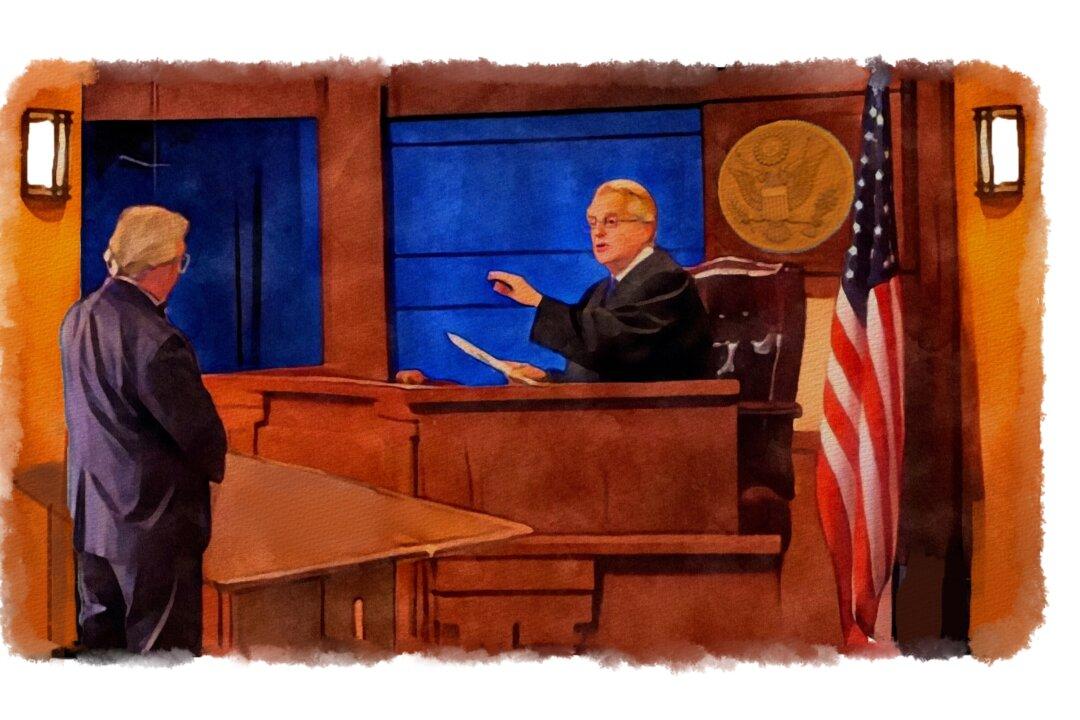On a recent livestream, “America’s Labor Crisis,” co-host Mike Rowe commented, “The evidence demands a verdict.” He was discussing the workforce, but his words, sharp and hard as flint, hit me on a different level. What verdict does the evidence of our own lives yield?
The day winds down, and some of us land in a courtroom of the mind. Did I put in a full day’s work? How did I miss that deadline? Did I come across as rude to that customer on the phone? How could I possibly forget to call Mom on her birthday?






